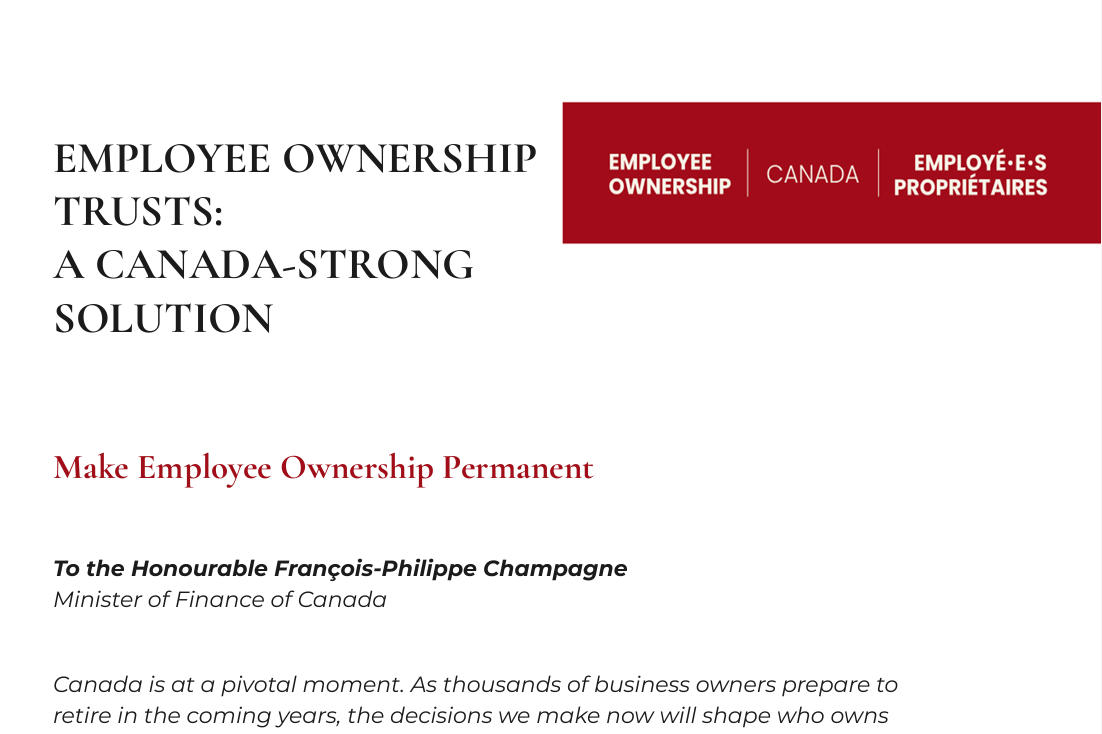By Dan Skilleter | The Toronto Star
Canadians have a long-standing tradition of downplaying the severity of our inequality problem by comparing ourselves to our southern neighbours.
Even when new data gets published by Statistics Canada showing worsening income and wealth inequality — as happened recently — it’s tempting to dismiss the results by thinking about how out-of-control inequality is in the U.S.
When it comes to wealth, we have little reason to be so smug, as we outline in a new report, Billionaire Blindspot, released Thursday by Social Capital Partners.
An analysis we undertook averaging multiple studies found Canada’s top 1 per cent owns 26 per cent of all wealth in Canada, and our top .01 per cent owns 12.4 per cent of all wealth. This is somewhat lower than the U.S. numbers, but it is much higher than official Statistics Canada numbers report.
If that seems hard to believe, it’s likely a symptom of the inequality conversation in Canada being historically dominated by income. Canada does very well compared to the U.S. on measures of income disparities and poverty rates, especially after you consider our progressive taxation and benefits regime.
But looking only at income paints an incomplete picture because it ignores intergenerational wealth that has been inherited. It also ignores that the wealthiest often keep their growing fortunes within private business enterprises where the tax rates are lower, or use other wealth sheltering strategies to avoid taxation.
“An analysis we undertook averaging multiple studies found Canada’s top 1 per cent owns 26 per cent of all wealth in Canada, and our top .01 per cent owns 12.4 per cent of all wealth. This is somewhat lower than the U.S. numbers, but it is much higher than official Statistics Canada numbers report.”
We have seen a recent global effort by experts, like Thomas Piketty, to focus on wealth rather than income disparities, recognizing that wealth — or its absence — can be more important to the lives of individuals, as well as to broader social cohesion.
But in Canada, we have been slow to broaden our discussion to wealth for at least two reasons.
First, wealth data is harder and slower to come by, obtained by occasional surveys. Statistics Canada runs its wealth survey, the Survey of Financial Security (SFS), only occasionally. The last one available is 2019 (with 2023 data due any month).
Second, our SFS hasn’t kept up with trends and isn’t designed to capture the wealth of the richest Canadians, which paints an artificially rosy picture of inequality. For example, in the 2016 SFS survey, the wealthiest family that participated had a net worth of only $27.3 million.
This obviously paints a misleading picture, given that Canada punches well above its weight in billionaires. Statistics Canada doesn’t even publish data on the top 0.1 per cent or 1 per cent — or even the wealthiest 10 per cent.
Luckily, some independent and academic researchers have stepped up to the plate in an effort to tackle these challenges.
The Parliamentary Budget Officer (PBO) — Canada’s non-partisan agency of financial modelling — produced studies in 2020 and 2021. The PBO created a more realistic Canadian wealth distribution by carefully incorporating the publicly listed networth of some our country’s richest families into the existing Statistics Canada data set.
Academics have undertaken similar studies and have consistently produced similar results that point to an inescapable conclusion: our richest own a much greater share of wealth than Statistics Canada reports.
Canada’s official wealth survey appears to be much worse at accurately capturing and publishing the wealth of our richest citizens than the American survey. When academic researchers in the U.S. study wealth inequality, their results are significantly closer to official government estimates.
We should not need to rely on independent researchers to provide us with sporadic glimpses of the state of inequality in Canada. Improving the accuracy of our survey would be relatively straightforward. As we lay out in our report, we can just use many of the approaches that the American statistical agency uses. This will allow Canadians to get a better handle on one of the most important issues of our time: growing wealth inequality.
Around the world, governments are grappling with how to confront wealth inequalities, intergenerational inequities and the economic and social problems they bring. Canada needs more accurate, timely data so we can engage in these issues with the seriousness they deserve.
Share with a friend
Related reading
From Guidelines to Action: Feedback on the Proposed Merger Enforcement Guidelines
The Competition Bureau's proposed Merger Enforcement Guidelines represent meaningful progress against trends towards corporate consolidation in Canada. In our formal feedback submission to the bureau, Social Capital Partners outlines that we strongly support the new guidelines. However, we believe that the operationalization of these guidelines will be the real test of their impact. Guidance documents shape expectations, but enforcement outcomes shape behaviour. Serial acquirers are sophisticated actors who model regulatory risk into their strategies. To succeed, the bureau must demonstrate visible capacity to track, analyze and challenge roll-up patterns that are driving up prices and sacrificing quality and service in key sectors.
A youth employment supplement could rebalance Canada’s generational divide | Policy Options
Canada is overdue for a broader debate on intergenerational fairness and how our taxes and benefits support—and exclude—different age groups. As Kiran Gill and Matthew Mendelsohn explain in Policy Options, we continue to live with programs designed by baby boomers to provide security to seniors, even if those seniors are well off. Meanwhile, young adults in our country face challenges entering the labour market, securing stable employment and saving to build some measure of economic security in the face of rising costs. They propose a policy designed to make the economy work for younger Canadians—a youth supplement to the existing Canada Workers Benefit. This youth employment supplement—aptly coined a YES!—could help rebuild financial security and allow younger adults to buy homes, finance education for themselves or their children and save for the future.
Sign the open letter | Make the Employee Ownership Trust incentive permanent
Employee Ownership Trusts (EOTs) offer a practical succession pathway that keeps businesses Canadian-owned, empowers employees to share in the value they help create and supports long-term investment in our communities. With the right policy support, employee ownership can be a strong, proven path forward for Canada’s economy. If this is something you support too, you are invited to read and sign Employee Ownership Canada’s national open letter.


